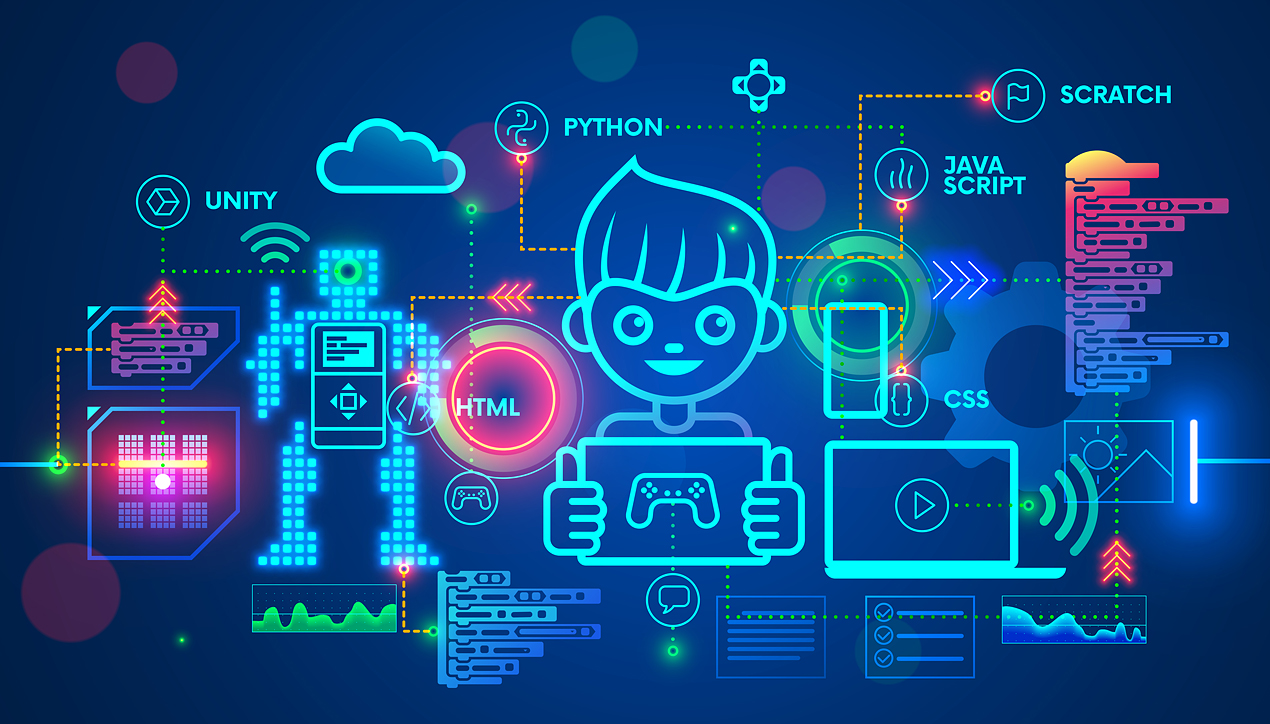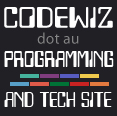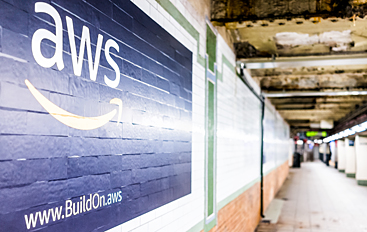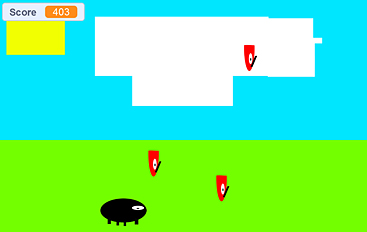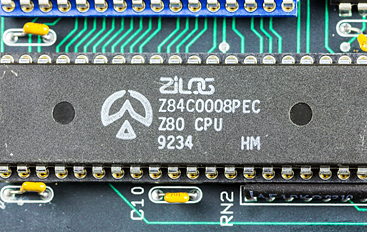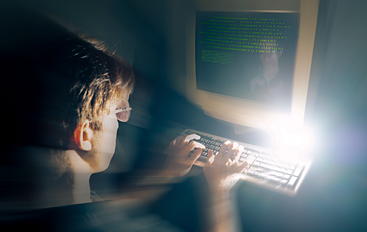To help with my Cybersecurity job search, I thought it would be interesting to see how much pentesting I can learn in a one-week period. I'll describe what I've done, starting from the basics. I'll...
15
Jan
2022
What it Was Like to Use the Internet in 1991
This page describes what it was like to use the Internet in 1991. This was before almost anyone in ordinary life had even heard of the Internet. Back then, it was almost a completely blank...
This page shows the code for a "Load More" button, using jQuery and AJAX. It can be used to add any content to a <DIV> inside web page while the rest of the page is...

 Welcome to Codewiz, my blog about Coding, Computers and IT.
Welcome to Codewiz, my blog about Coding, Computers and IT.
 How to use this site. When all else fails, read the instructions.
How to use this site. When all else fails, read the instructions.
 View My Programmer and Full Stack Developer Portfolio.
View My Programmer and Full Stack Developer Portfolio.
 About Codewiz – IT, Coding, tech, security, careers, and stuff.
About Codewiz – IT, Coding, tech, security, careers, and stuff.

